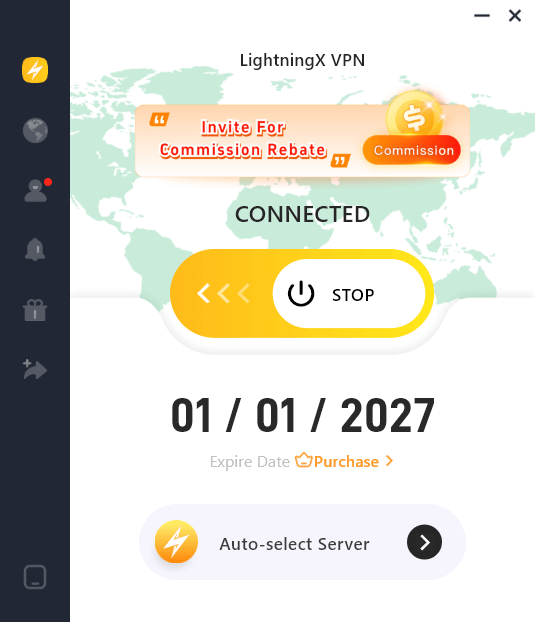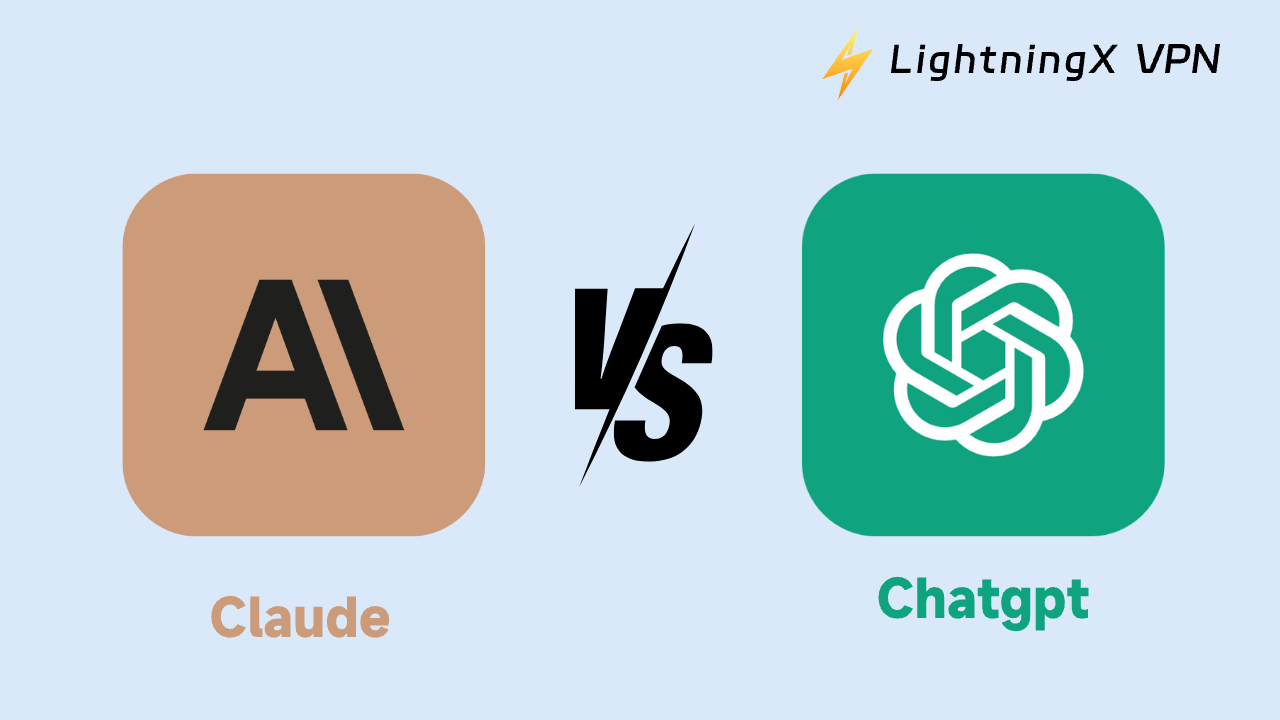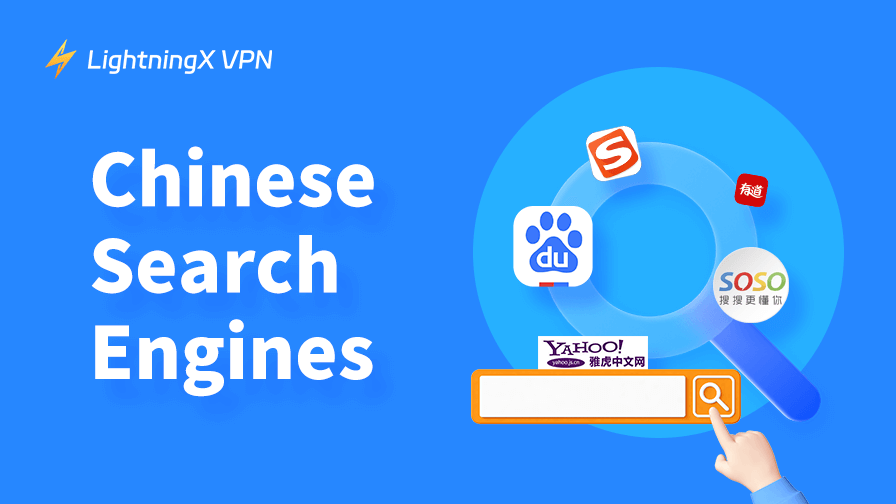Until this June, the competitive battle between AI writing assistants has reached new heights. With two major players—Claude and ChatGPT, the two are at the forefront of this thrilling battle especially.
Is ChatGPT completely excelling at Claude?
This article will compare the strengths and weaknesses of Claude and ChatGPT, revealing their performance across various tasks. Get ready to see, Claude vs ChatGPT, who will be the final winner!
Claude vs ChatGPT: What Does Claude Differ from ChatGPT?
Have a glance at Claude and ChatGPT:
| Claude | ChatGPT | |
| Developer | Anthropic | OpenAI |
| highlights | Powerful language ability | AI safety and ethics |
| version | Web/iOS app/developer API | ChatGPT.com/ ChatGPT Android/ iOS/ macOS/ developer API |
| Price plan | Free/ $20 per person for pro monthly / $30 per person for Team (at least 5 persons) | Free/ $20 per person plus/ 25$ per person for Team (at least 2 persons) |
| Major model family | Claude 3 Opus; Claude 3 Sonnet; Claude 3 Haiku; Claude 3.5 sonnet | GPT-4o; GPT-4; GPT-4o mini; |
Claude and ChatGPT are both based on powerful LLMs and LMMs.
However, they are different in several aspects.
Claude offers a larger context background. It can handle mountains of data at a time, holding a better understanding of complex or lengthy information (officially can read up to 75,000 words at a time). It excels in generating natural and human-like tasks like editing, problem-solving, Q&A, and even emotional comfort.
While ChatGPT provides more functions such as image generation and internet access.
To mark the launch of the new model of Claude 3.5 sonnet, we have several tests to check their performance.
Claude vs ChatGPT: Comparisons of Writing Capability
Understanding Literary Sentences
At first, I ask the two chatbots to understand literary sentences to test their literacy.
I input:
Please explain: What’s in a name? That which we call a rose by any other name would smell as sweet.
This is Claude’s answer:

This is ChatGPT’s answer:

Claude and ChatGPT both know the origins of this sentence. It comes from William Shakespeare’s play Romeo and Juliet. They also explain the reasons why Juliet says such: no matter how the name of something changes, its essence won’t alter.
However, Claude has further thought. It extends this essence to other areas such as interpersonal relationships and branding. It shows natural and humanlike ways of thinking. Therefore, in this aspect, Claude is better.
Give Personal Advice
For this test, I tell them to give me advice about how to balance busy work and life. It’s important for a chatbot to respond to requests like this suitably.
This is how Claude reacts:

This is how ChatGPT responds:

What impresses me the most is that both Claude and ChatGPT make suggestions like setting clear boundaries, prioritizing tasks, and even learning to say no. The responses they give show that they can understand requests well and give reasonable answers.
However, in the last conclusion part, Claude adds “Be patient with yourself”. It sounds like a friend beside you. It can be empathetic with your feelings and situations. In other words, it can think in other people’s shoes. From this aspect, Claude is better than ChatGPT.
Related: Why Is ChatGPT Not Working? How to Fix It?
Generating Poem
For this test, I want to ask the two chatbots to create a poem to check their capability of generating texts.
This is what Claude writes:

This is what ChatGPT writes:

Both poems use rhyme schemes (e.g. night/white, sigh/by), which adds to the musicality and rhythm of the poem. Claude’s performance is more vivid and creative. It compares Jasmine to “a fragrant star in evening’s embrace”, which is both figurative and poetic.
ChatGPT’s poem is also beautiful and skillful, but there is still room for improvement in terms of creativity and emotional level. So Claude is better.
Code Generation
The previous tests show both the two chatbots are powerful and multi-functional. For this test, I ask the two to generate a series of codes about the drink calendar. See which one performs better.
This is what Claude writes:


This is what ChatGPT writes:


What they have written both can work. For starters, they also offer warm tips for users showing them how the codes work. What’s more, they tell users to customize the codes if they like.
However, they have different advantages. The length of Claude’s code is a little longer than ChatGPT. It means the drink calendar Claude has coded has more features than ChatGPT. In addition, Claude also presents the pictures of the final calendar to users.
The generating rate of ChatGPT is more powerful than Claude’s. In addition, ChatGPT provides users with detailed features they can customize, such as audio alerts and notifications. In the end, for code generation, they tied.
Related: 8 Best ChatGPT Alternatives to Improve Your Productivity!
Claude vs ChatGPT: User Data Security
Anthropic is known for minimizing AI risks and enhancing model security. It also proposed the concept of “constitutional AI”. That is, to train Claude’s model according to a set of algorithmic rules and human constitutional rules. It aims to keep pace with human values.
Anthropic pours great attention into the data security of users. It does not automatically record the interaction content between users and Claude to train the model, but users can actively choose to join it themselves. This is very attractive to users.
Especially for companies valuing data confidentiality, it is a very friendly AI tool. Because it minimizes the exposure of company information. But it may limit its creativity so it possibly can’t meet some users’ needs.
Unlike Anthropic, OpenAI automatically records user interactions to train ChatGPT by default, but you can opt-out.
For instance, you can choose not to save chat records. However, ChatGPT’s inability to remember previous conversations may affect the model’s understanding ability.
Furthermore, you can also submit a privacy request to OpenAI to tell it to stop training ChatGPT on data without forgetting the chat records. However, some users believe this process is not completely transparent and feasible.
Another thing you need to remember is that your privacy request will not be synchronized across devices or browsers. This means that you need to apply separately for your iPad or PC.
No matter which chatbot you prefer, there is no absolute safety online. However, you can use a VPN to lower online risks. VPN can safeguard your surfing experience.
Here we recommend LightningX VPN. It provides strong data encryption algorithms like AES-256-GCM and safety protocols like Shadowsocks, Vless, and WireGuard. This ensures your data would not be intercepted and decoded when being transmitted. By the way, LightningX VPN offers a 30-day money-back guarantee. Try it out!

Conclusion
This blog introduces two forefronts of AI chatbots. It witnesses their differences and comparisons of writing ability in four aspects and discusses their data security policies. It shows Claude is a competitor that cannot be underestimated though ChatGPT is an exceeding forerunner. You can test them in person if you are eager for more comparisons.
















